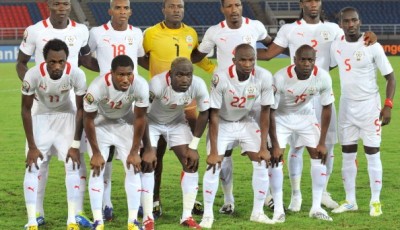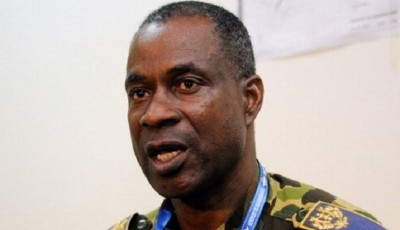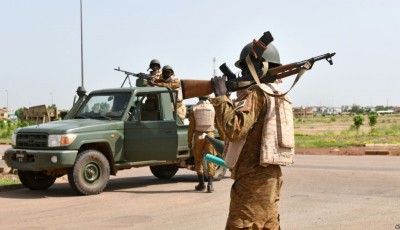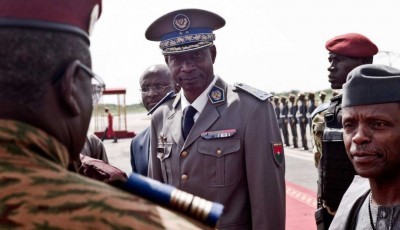Troops at Myanmar ruling party headquarters amid leadership tensions
The chairman of Myanmar’s ruling Union Solidarity and Development Party (USDP) was removed from his post on Thursday, officials said.
Broadcaster Voice of America (VOA) reported that tensions arose from a conflict between President Thein Sein and Shwe Mann, who is also parliament speaker.
“Shwe Mann isn’t the chairman of the party anymore”, said a USDP member of parliament.
His whereabouts were not known Thursday, but a witness said his home security officer was questioned by the chief of police.
“We have not been allowed to move around since late yesterday”, said one party member. He replaces Maung Maung Thein, a supporter of Shwe Mann.
“The USDP leadership requested President Thein Sein to reform the party, and the president handed power to the most senior vice-chairman, U Htay Oo”.
“Disagreement on candidate lists led to this situation”, he said.
Earlier, Shwe Mann’s son told AFP his father’s house in the capital had been surrounded by “so-called guards”, following the police swoop late Wednesday.
He has also set himself up in opposition to the still-powerful army on key issues – including on constitutional reform debates that centre on reducing the military’s political power.
Meanwhile, USDP General Secretary U Maung Maung Thein was also removed and was substituted by U Tin Naing Thein, who was former minister at the President’s Office.
Shwe Mann was a presidential hopeful when the military handed over power to a semi-civilian government after 49 years of rule in 2011.
The USDP is comprised largely of former military officers and was created from a social movement set up by the former junta. Thus even if her party, the National League for Democracy (NLD), emerges as the strongest from the November 8 election, she would not be eligible to be President and would have to back someone else for the post – potentially even from outside the party.
However, Thein Sein still could be nominated for the office for a second term because Myanmar’s president and two vice presidents need not be elected members of parliament, according to the 2008 constitution drafted under the military-junta regime that previously ruled the country.
According to the commission, 4,224 candidates from 80 political parties out of 90, including 162 individuals, have so far registered to run in the election. Changes to the constitution require the support of at least 75 percent of lawmakers, giving the military an effective veto over changes.












